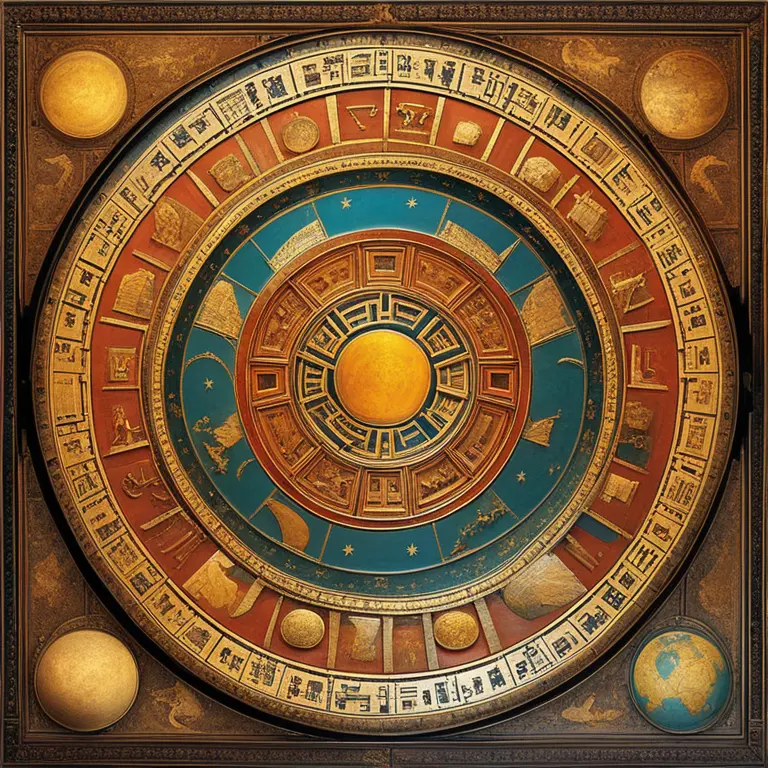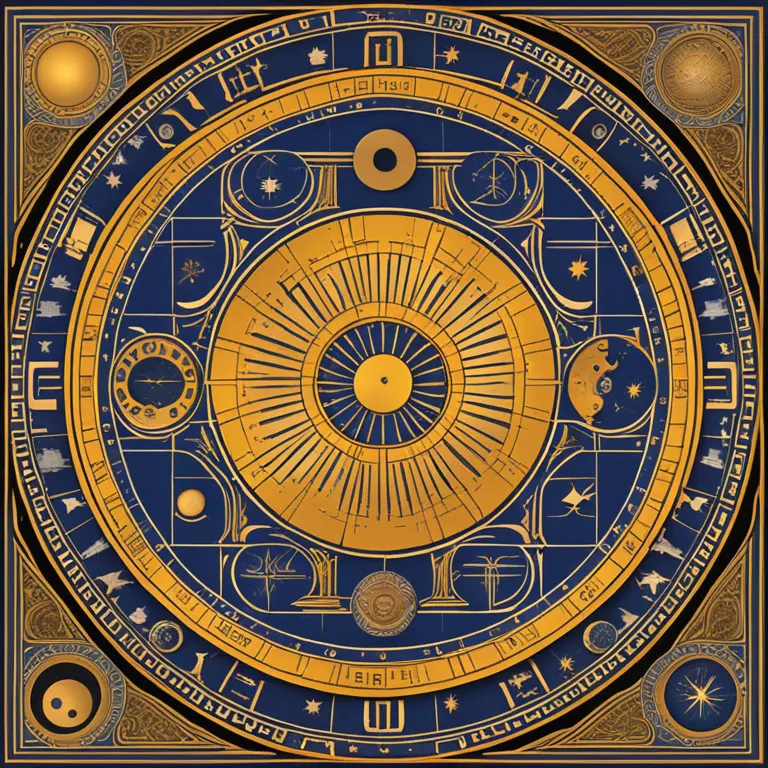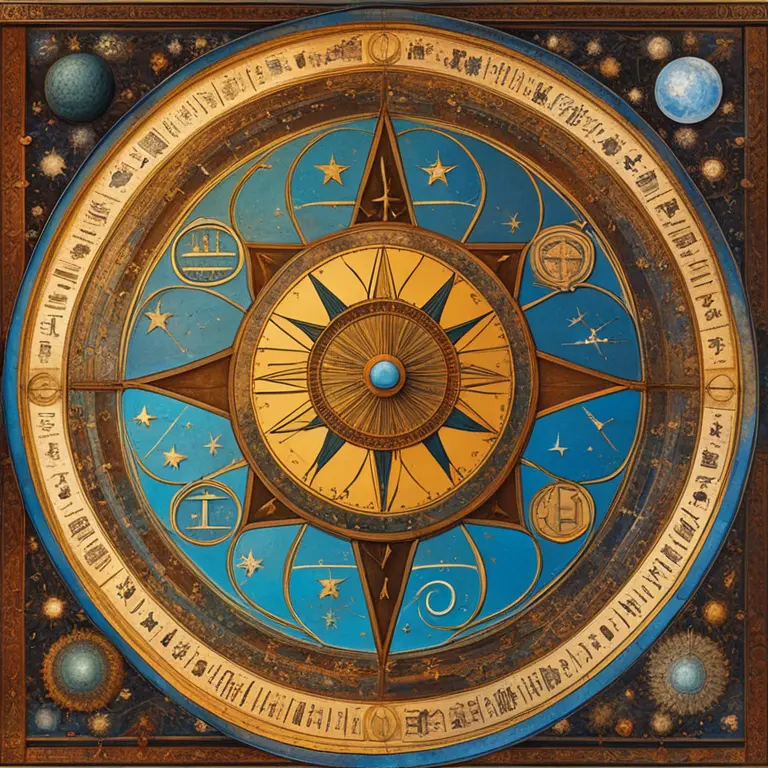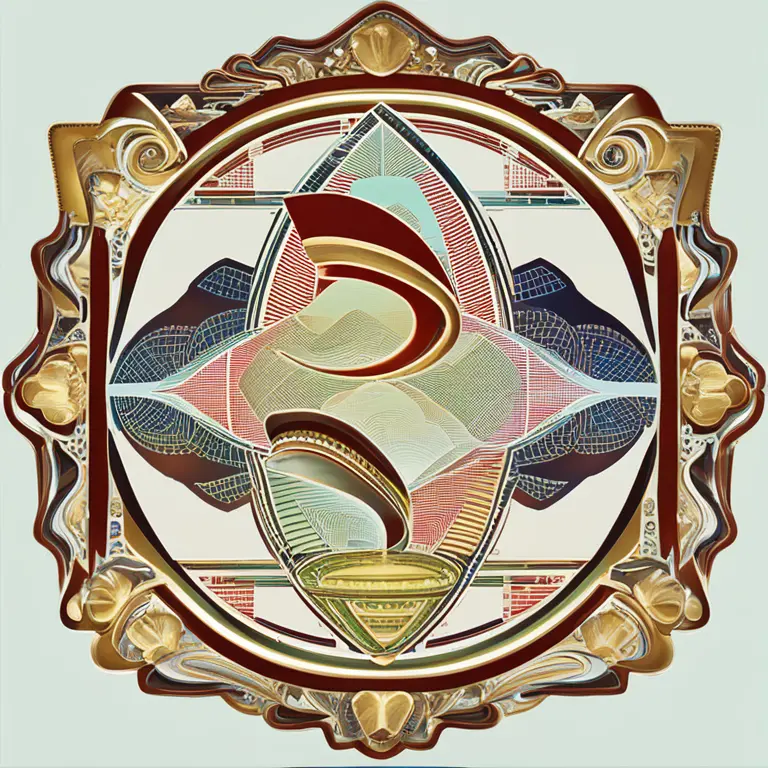
The Origins of Astrology: Ancient Skygazing and Horoscopic Practice
Travel back in time to understand the roots of astrology and how ancient civilizations used the stars to shape cultural and spiritual beliefs.
article by Priya Deshmukh
Ancient Beginnings of Astrological Systems
Astrology's history is both profound and expansive, stretching back thousands of years. Civilizations across the globe have looked to the heavens for guidance, with the earliest records dating back to the 2nd millennium BCE. Ancient Babylonians are credited with the foundational elements of Western astrology, meticulously recording the movement of the stars and planets. Their astrological charts allowed them to predict seasonal changes and interpret celestial events as divine messages.

Greek Influence and Horoscopic Astrology
Following Babylonian foundations, the Greeks further advanced astrological studies around the 4th century BCE. The philosopher Ptolemy's work, 'Tetrabiblos,' laid the groundwork for the Western astrological tradition, articulating the influence of heavenly bodies on human affairs. The Greeks introduced the concept of astrological charts based on the time of one's birth, which became a cornerstone of horoscopic astrology.

Cultural Transmission to the Arab World and Europe
As empires rose and fell, the Islamic scholars of the Middle Ages preserved and expanded upon Greek astrological texts. The Arab world became the nexus of astrological knowledge, blending their observations with those inherited from Babylonian and Greek sources. The practice eventually made its way back to Europe, where it flourished during the Renaissance, integrating with esoteric traditions and influencing notable figures across the social spectrum.

The Role of Astrology in Ancient Cultures
Astrology's reach was not confined to Western cultures. Chinese, Mayan, and Vedic astrological systems independently regarded celestial events as indicative of divine will. These civilizations constructed elaborate systems that associated stars with spiritual deities and significant life events, highlighting astrology's ubiquitous role in interpreting the human experience across different cultures.

Astronomical Discoveries and Astrology's Evolution
The dawn of modern astronomy in the 16th century posed challenges to classical astrology. Scientific advances unveiled the vastness of the universe, contrasting with the geocentric views that had long provided astrological foundations. Despite this, astrology adapted and persisted, evolving into a psychological tool for introspection, particularly within the New Age movement of the late 20th and early 21st centuries.
Contemporary Astrology and Cultural Resurgence
Today, astrology enjoys a renaissance, particularly in the digital age, where accessibility has spread its appeal globally. Modern astrology now melds ancient practices with psychological insights, providing personalized horoscopes and compatibility reports. The symbiotic relationship between people and the stars continues to enchant, as the fascination with what lies beyond our terrestrial existence captivates minds in the 21st century and beyond.
Published: 2/5/2024
Modified: 2/5/2024
More predictions
Come back here soon to learn more about yourself and your future


Haircuts & Moon Phases: A Mystical Guide
Discover how the phases of the moon can influence your hair care and cutting rituals for optimal growth and vitality.


Zodiac Signs Insight
Delve into the enigma of the twelve zodiac signs and their influence on personality, future forecasts, and interpersonal relationships.


Zodiac Signs: Dates and Meanings
A concise guide detailing the dates and fundamental characteristics of the twelve zodiac signs.